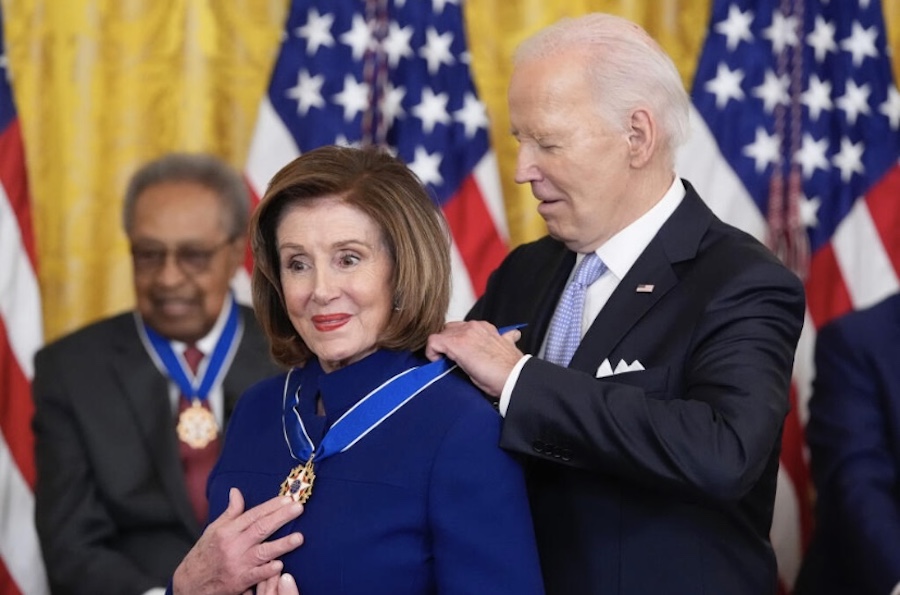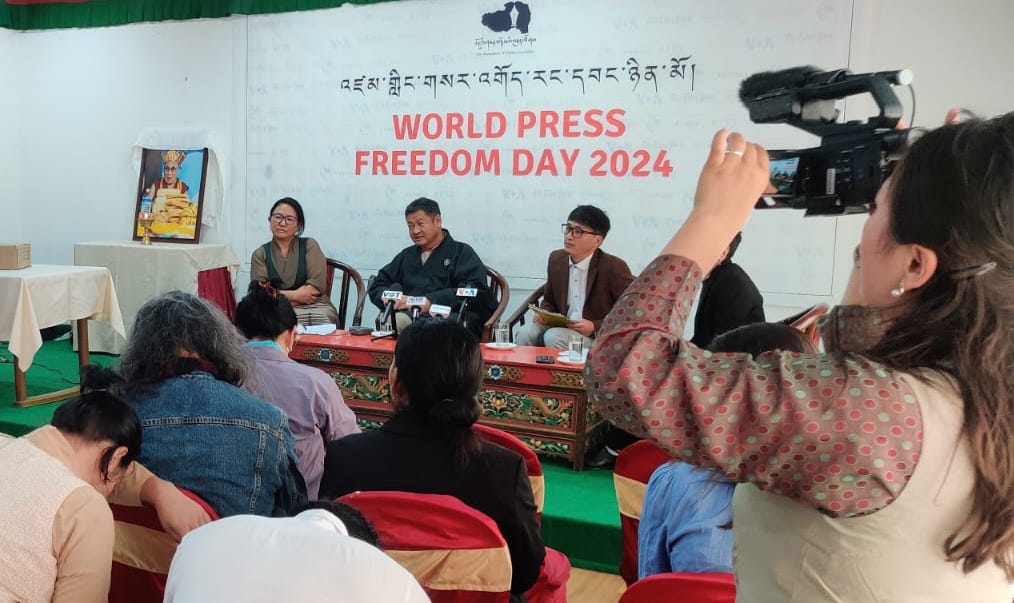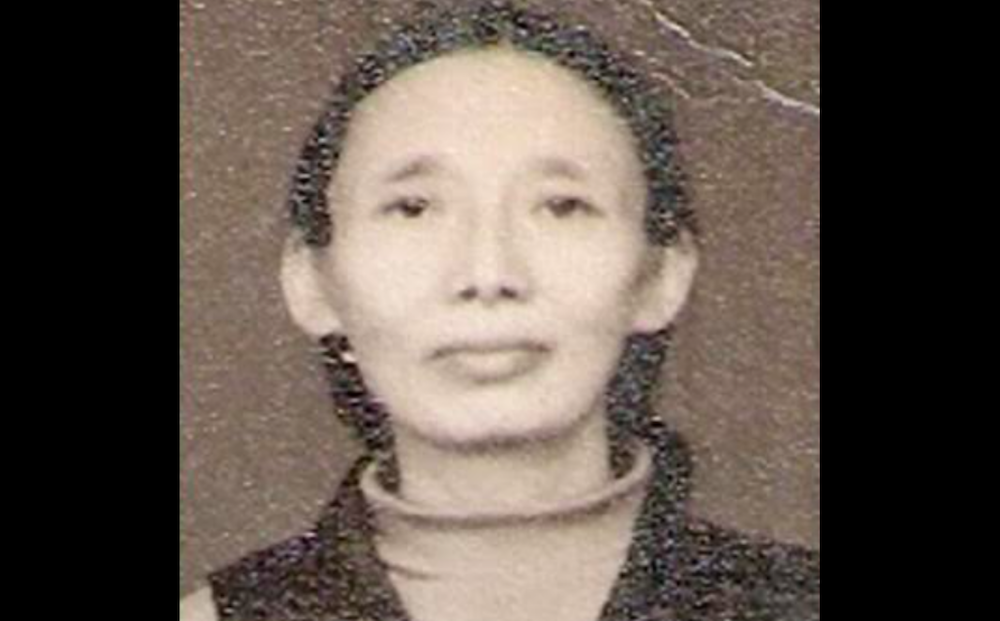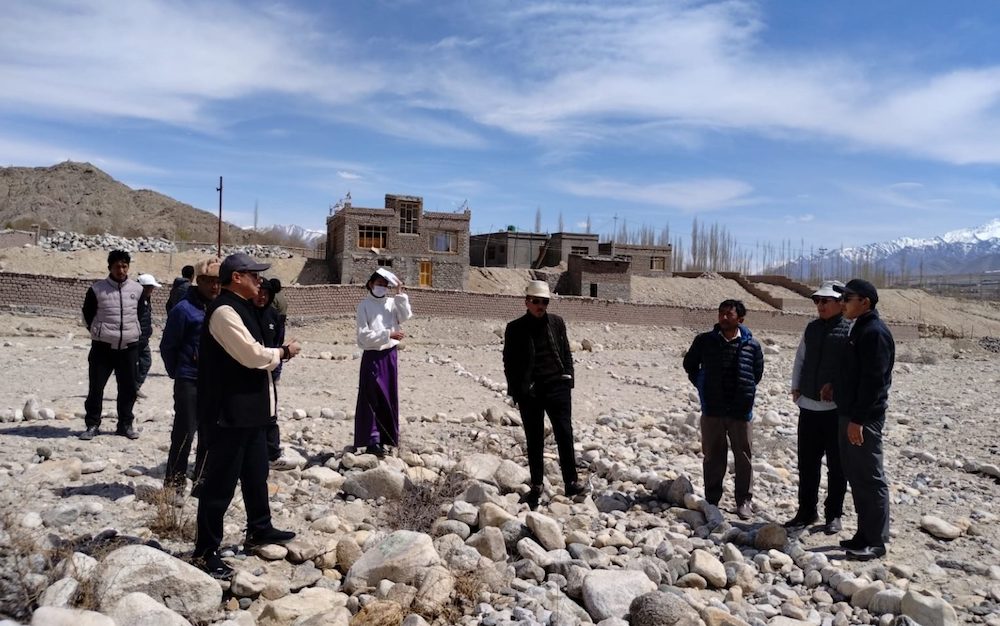By Amy Yee/The Christian Science Monitor
In this northern Indian hill town, a steady stream of Tibetans enters a small, windowless office in search of legal advice. Red-robed monks, the elderly, parents with children, and young couples all seat themselves in plastic chairs across from Vinayak Sharma.
 The slender, serious young Indian lawyer, who is wearing a pressed shirt and silver glasses, is the only Indian lawyer who speaks (and writes) fluent Tibetan in Dharamsala, the home in exile of about 12,000 Tibetans and the Dalai Lama.
The slender, serious young Indian lawyer, who is wearing a pressed shirt and silver glasses, is the only Indian lawyer who speaks (and writes) fluent Tibetan in Dharamsala, the home in exile of about 12,000 Tibetans and the Dalai Lama.
Mr. Sharma estimates he has helped at least 1,000 Tibetan exiles since he started his one-man nonprofit Tibet Legal Aid office in 2008. It opens weekdays at 4 p.m. after he finishes his day job as a lawyer at the main Indian district court here.
Tibetans seek out Sharma based on word of mouth. They are comfortable with him because he grew up among them. From ages 3 to 16 Sharma attended Tibetan schools here, along with thousands of Tibetan children in exile.
“Because [of] spending so much time with these people, I can well understand their problems and financial condition,” says the soft-spoken lawyer. He graduated from Dharamsala Law College in 2005.
Sharma speaks four languages – Tibetan, English, Pahari (a regional language), and Hindi. Some Tibetan refugees say Sharma’s Tibetan is better than theirs, since many of them went to schools in Tibet that taught in Chinese.
Sharma offers consultations free of charge. Students and low-income Tibetans receive all his services pro bono. He earns a few hundred dollars a month from his day job, while fees from Tibet Legal Aid mainly cover the administrative costs of his office.
“Whatever little I earn from one hand goes to helping other people,” he says.
His services are especially important because Tibetans here lack legal aid. There is a “big misunderstanding” among Indians that Tibetans are receiving donations from foreigners and are well off, Sharma says.
“Reality is totally different,” he says. “Their incomes are very limited.”
One spring afternoon, Lobsang Khedup, a crimson-robed monk, accompanied an elderly Tibetan woman and her young grandson to Sharma’s office seeking advice on how to obtain a residence card for the boy. The boy’s mother had returned to Tibet and his father had died four years ago; his grandmother was now his guardian.
None of the Tibetans spoke English or any Indian languages.
“It would be difficult without his help,” said Mr. Khedup after consulting with Sharma. Without Sharma’s services, they would have faced linguistic, financial, and cultural barriers. They would have had to find an interpreter to accompany them to an Indian lawyer and try to explain their complex situation.









